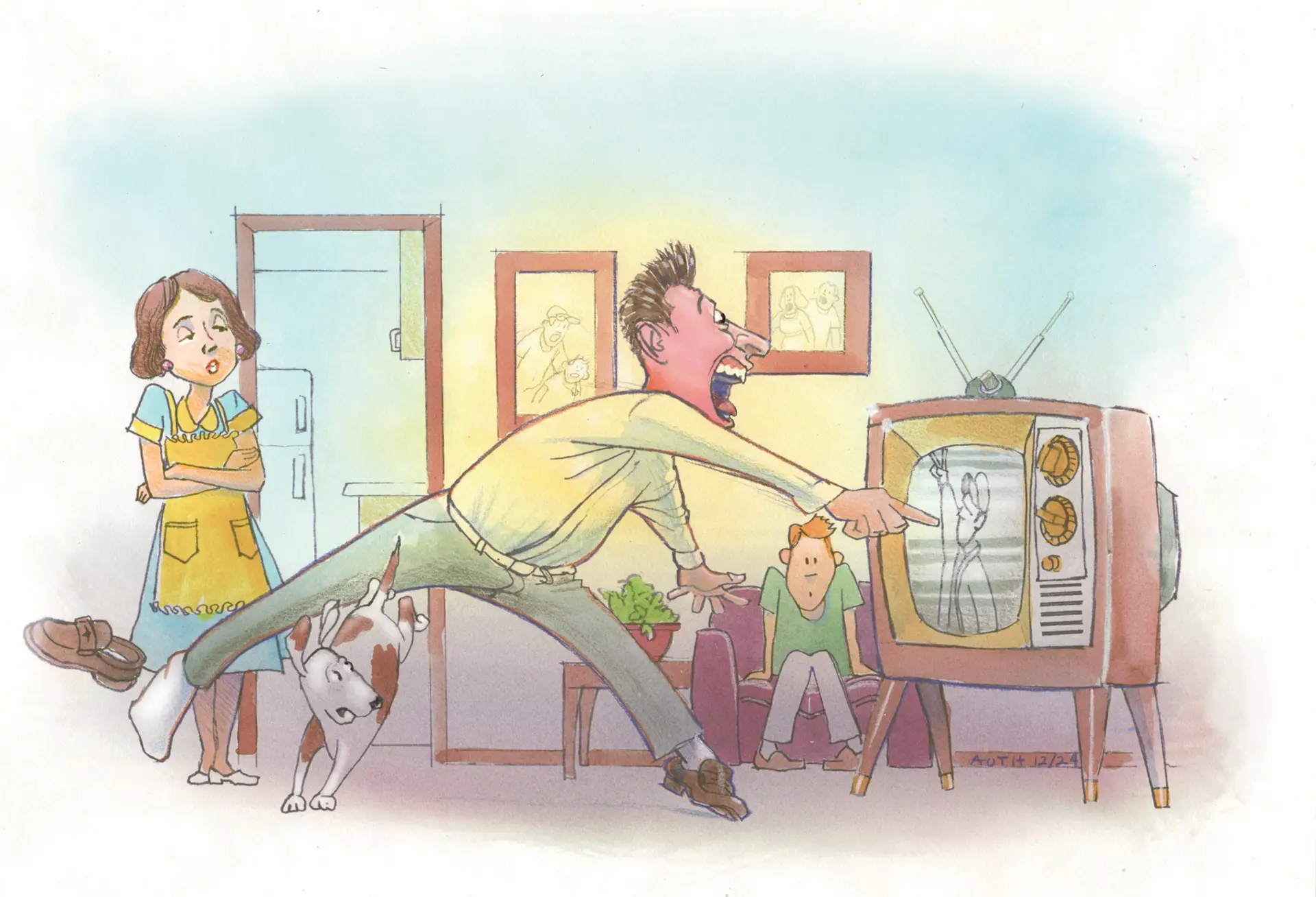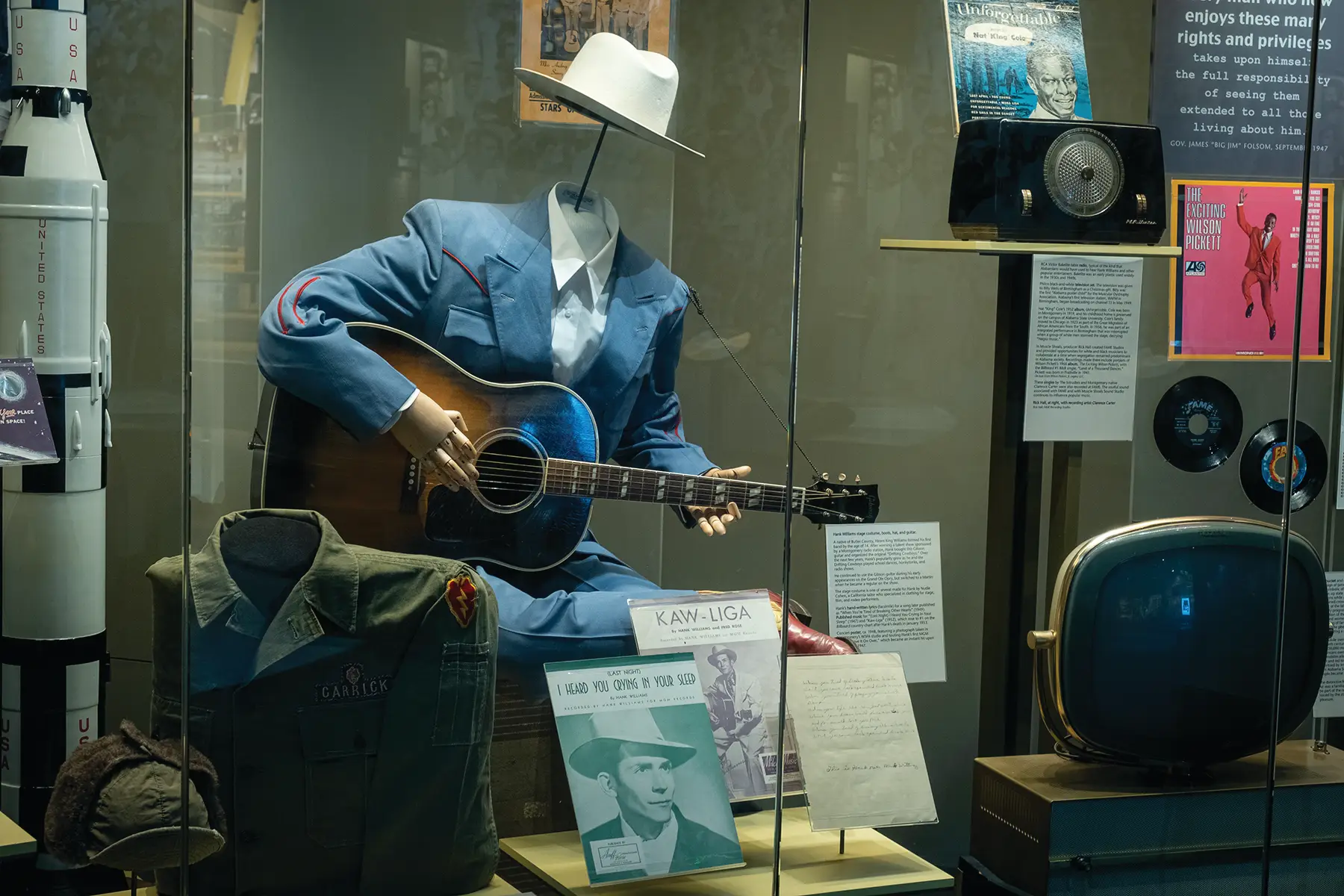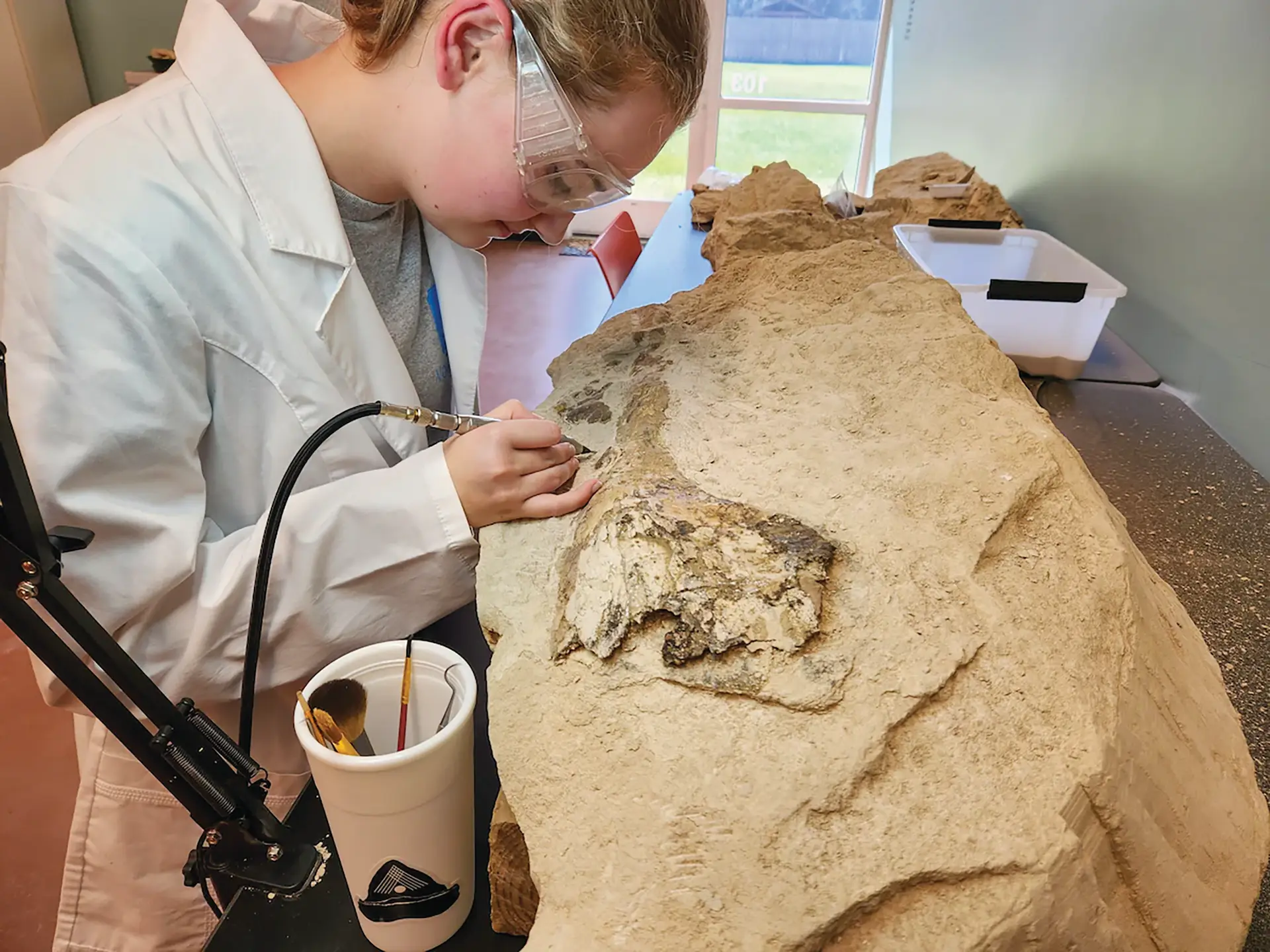Half a century of help with Medicare
On July 30, 1965, President Lyndon B. Johnson signed Medicare into law with these words: “No longer will older Americans be denied the healing miracle of modern medicine. No longer will illness crush and destroy the savings that they have so carefully put away over a lifetime.”
For 50 years, the Medicare program has provided essential health care services for millions of people who are age 65 or older, disabled, or have debilitating diseases. Without Medicare, many people would not be able to pay for hospital care, doctor’s visits, medical tests, preventive services, or prescription drugs.
Your Medicare card is the most important piece of identification you own as a Medicare beneficiary since medical providers will request it when you seek their services. If you need to replace a lost, stolen, or damaged Medicare card, you can do it online with a my Social Security account at www.socialsecurity.gov/myaccount. Requesting a replacement card through my Social Security is safe, convenient, and easy. Going online saves you a trip to your local Social Security office or unproductive time on the phone. Request your replacement Medicare card the easy and convenient way — online — and you’ll get it in the same amount of time as you would if you applied in an office or over the phone — in about 30 days.
Fifty years ago, Medicare didn’t have as many options as it does today. As the largest public health program in the United States, Medicare includes four parts to keep you covered:
- Part A is insurance that covers inpatient hospital stays, outpatient care in nursing facilities, hospice, and home health care.
- Part B includes medical insurance for doctor’s services, medical supplies, outpatient care, and preventive services.
- Part C is a Medicare advantage plan that allows you to choose your health care coverage through a provider organization. You must have Part A and Part B to enroll in Part C. This plan usually includes Medicare prescription drug coverage and may include extra benefits and services at an additional cost.
- Part D is prescription drug coverage. There is a separate monthly premium for this plan; however, people with low resources and income may qualify for the Extra Help with Medicare prescription drug costs from Social Security. Visit www.socialsecurity.gov/prescriptionhelp to see if you qualify.
A recent survey to Medicare beneficiaries asked: Why do you love Medicare? One person stated, “It gives peace of mind not only for seniors, but for veterans and disabled as well.” Another satisfied recipient replied, “I most likely wouldn’t be alive today without Medicare.” These are just two of the millions who endorse Medicare’s half-century strong success story.
For more information about Medicare, visit www.medicare.gov.
As Medicare celebrates 50 years, Social Security commemorates 80 years. Learn more about Social Security’s 80th anniversary at www.socialsecurity.gov/80thanniversary.
 Kylle’ McKinney, SSA Public Affairs Specialist, can be reached by e-mail at [email protected].
Kylle’ McKinney, SSA Public Affairs Specialist, can be reached by e-mail at [email protected].

State’s electric utility linemen honored for their service at Capitol ceremony
Alabama’s electric utility linemen often work long hours, doing potentially dangerous work in remote areas. And they are always on call, 365 days a year.
To honor their service and hard work, the Alabama Rural Electric Association (AREA), with help from Alabama Power Company and the state’s municipally owned electric utilities, sponsored the second Lineman Appreciation Day on June 1.
Linemen from all over the state came to the state Capitol to be recognized. Cullman Electric Cooperative president and CEO Grady Smith gave a heartfelt and personal talk, recalling his early career as a lineman. Alabama Emergency Management Agency (EMA) director Art Faulkner talked about the role of linemen in times of disaster, and AREA director of safety Michael Kelley, himself a former lineman, gave his perspective on the work and service of Alabama’s linemen.
State Rep. April Weaver, R-Alabaster, was the sponsor of the 2014 resolution that created Lineman Appreciation Day. She recalled her grandfather, who was a lineman, and what his work meant to her. Members of the local media covered the event, and all linemen were invited to AREA afterward for lunch and cake.
Visit www.alabamaliving.coop to see more photos and video from the ceremony.
Keeping your home clean helps protect your family
All of us want our homes to be a healthful environment for our families, and it’s easier to keep allergies and infections at bay by being aware of potential sources of illness. Good cleaning practices and safe food handling help keep your home from becoming a trigger for allergies or a source of infection.
Year-round allergens typically come from an indoor source. The most common types are dust, mold, and pet hair or dander. Dust mites thrive in mattresses and bedding. When their droppings and remains become airborne, your natural filtration system feels under attack. Also, mold fungus flourishes in dark, damp areas, so be sure to clean often. Many people are allergic to a protein found in pet dander or saliva. Some simple actions such as washing clothes frequently may help, depending on what particular allergies you have.
In the bathroom
In the bathroom, routinely clean and disinfect all surfaces. This is especially important if someone in the house has a stomach illness, a cold, or the flu. Experts make a distinction between cleaning and disinfecting. While cleaning removes germs from surfaces, disinfecting actually destroys them.
Cleaning with soap and water to remove dirt and most of the germs is usually enough, but sometimes you may want to disinfect for an extra level of protection. Disinfectants are specifically registered with the U.S. Environmental Protection Agency and contain ingredients that destroy bacteria and other germs. Check the product label to make sure it says “Disinfectant” and has an EPA registration number.
In the kitchen
In the kitchen, foodborne illnesses can make your family very ill. Those at greatest risk are infants and young children, pregnant women, older adults, and people with weakened immune systems. Clean surfaces before, during, and after preparing food—especially meat and poultry. Use paper towels that can be thrown away, cloth towels that are later washed in hot water, or disposable sanitizing wipes that both clean and disinfect.
Sponges are especially problematic, because they hold moisture and can spread unsafe bacteria. The preferred method to clean them is by mixing 3/4 cup of bleach with one gallon of water, then soaking the sponge for five minutes. Sponges also can be cleaned with a regular dishwasher load on “heated dry” setting.
When preparing food, wash hands and food contact surfaces often. That’s because bacteria can contaminate cutting boards, knives, and food preparation surfaces. Rinse all fresh fruit and vegetables under running water, and use different cutting boards for raw meats and vegetables.
Cook food long enough and at a temperature high enough to kill the harmful bacteria that cause foodborne illness. Cook poultry to at least 165 degrees F, ground meat to 160 degrees F, and steaks and chops to 145 degrees F. Don’t rely on color alone; hamburger meat can turn brown before it’s safe to eat. Minimizing the time foods are held in the hazardous temperature zone will lessen the chance of acquiring a foodborne illness, so refrigerate foods promptly.
 Jim McVay, Dr.P.A., is director of the Bureau of Health Promotion and Chronic Disease of the Alabama Department of Public Health.
Jim McVay, Dr.P.A., is director of the Bureau of Health Promotion and Chronic Disease of the Alabama Department of Public Health.
Auburn student is summer intern
 Alethia S. Russell, a senior at Auburn University, is working on the staff of Alabama Living as an intern this summer. Russell, who will graduate in August with a bachelor’s degree in journalism, is helping write articles, design advertising campaigns and performing other communications-related tasks during her internship.
Alethia S. Russell, a senior at Auburn University, is working on the staff of Alabama Living as an intern this summer. Russell, who will graduate in August with a bachelor’s degree in journalism, is helping write articles, design advertising campaigns and performing other communications-related tasks during her internship.
A native of Gadsden, she is active in her sorority, Delta Sigma Theta, and has helped with orientation of new students and as a parent counselor during Camp War Eagle.





